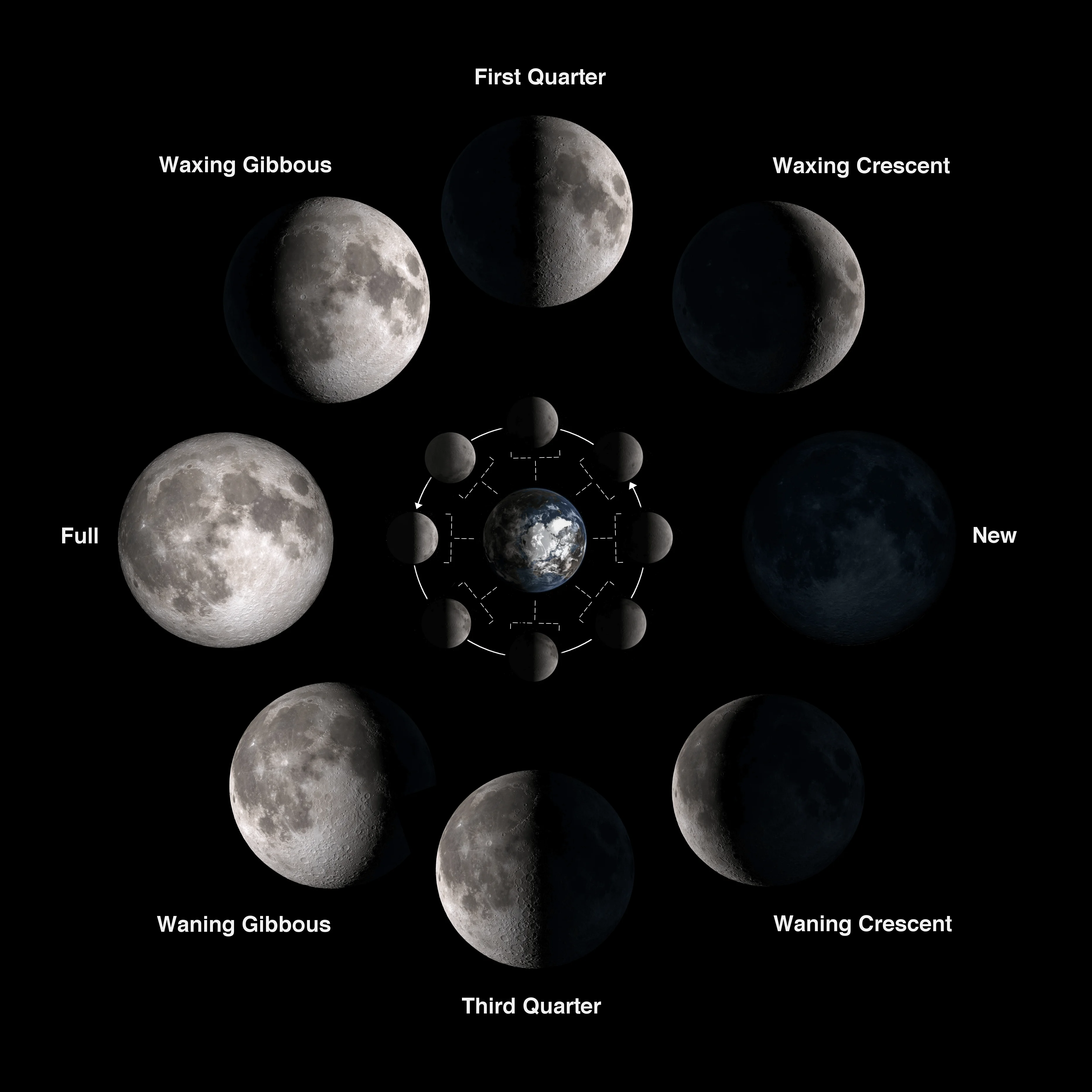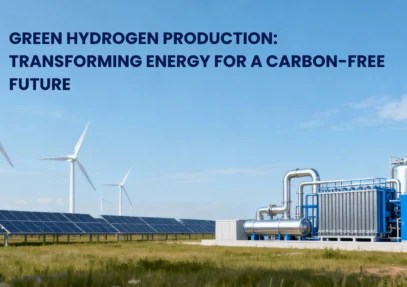What historical and archaeological evidence supports Gudimallam Shiva Lingam as one of the oldest lingams in existence? What is its cultural and spiritual significance, and why is the temple renowned?
There is no definitive answer to which country has the "tastiest food," as taste is subjective and varies greatly depending on personal preferences, cultural background, and individual experiences. However, several countries are renowned worldwide for their diverse and flavorful cuisines, often makiRead more
There is no definitive answer to which country has the “tastiest food,” as taste is subjective and varies greatly depending on personal preferences, cultural background, and individual experiences. However, several countries are renowned worldwide for their diverse and flavorful cuisines, often making it to the top of food rankings:
1. Italy – Known for its pasta, pizza, and rich sauces like marinara and pesto, Italian cuisine is beloved worldwide for its simplicity and quality ingredients.
2. Japan – Japanese cuisine, particularly sushi, ramen, and tempura, is appreciated for its balance of flavors, fresh ingredients, and presentation.
3. Mexico – Mexican food, including tacos, enchiladas, and guacamole, is celebrated for its bold flavors, spices, and variety of fresh ingredients.
4. India – Indian cuisine is known for its complex use of spices, with dishes like curry, biryani, and samosas, offering rich flavors and diverse regional variations.
5. France – Famous for fine dining, French cuisine includes delicacies like croissants, escargot, and a wide range of cheeses, sauces, and wines.
Ultimately, the “tastiest” food depends on what flavors and cooking styles resonate with you personally. Each country offers something unique and delicious!
See less








The Gudimallam Shiva Lingam, located in Andhra Pradesh, India, is considered one of the oldest and most significant Shiva lingams in existence, with historical, archaeological, cultural, and spiritual importance. Historical and Archaeological Evidence Age and Dating: The Gudimallam Shiva Lingam is bRead more
The Gudimallam Shiva Lingam, located in Andhra Pradesh, India, is considered one of the oldest and most significant Shiva lingams in existence, with historical, archaeological, cultural, and spiritual importance.
Historical and Archaeological Evidence
Cultural and Spiritual Significance
Why the Temple is Renowned
The Gudimallam Shiva Lingam stands as a testament to ancient Shaivite worship, offering valuable insights into the evolution of religious practices, temple architecture, and spiritual iconography. Its archaeological evidence, along with its profound cultural and spiritual significance, makes it one of the oldest and most revered Shiva lingams in existence.
See less